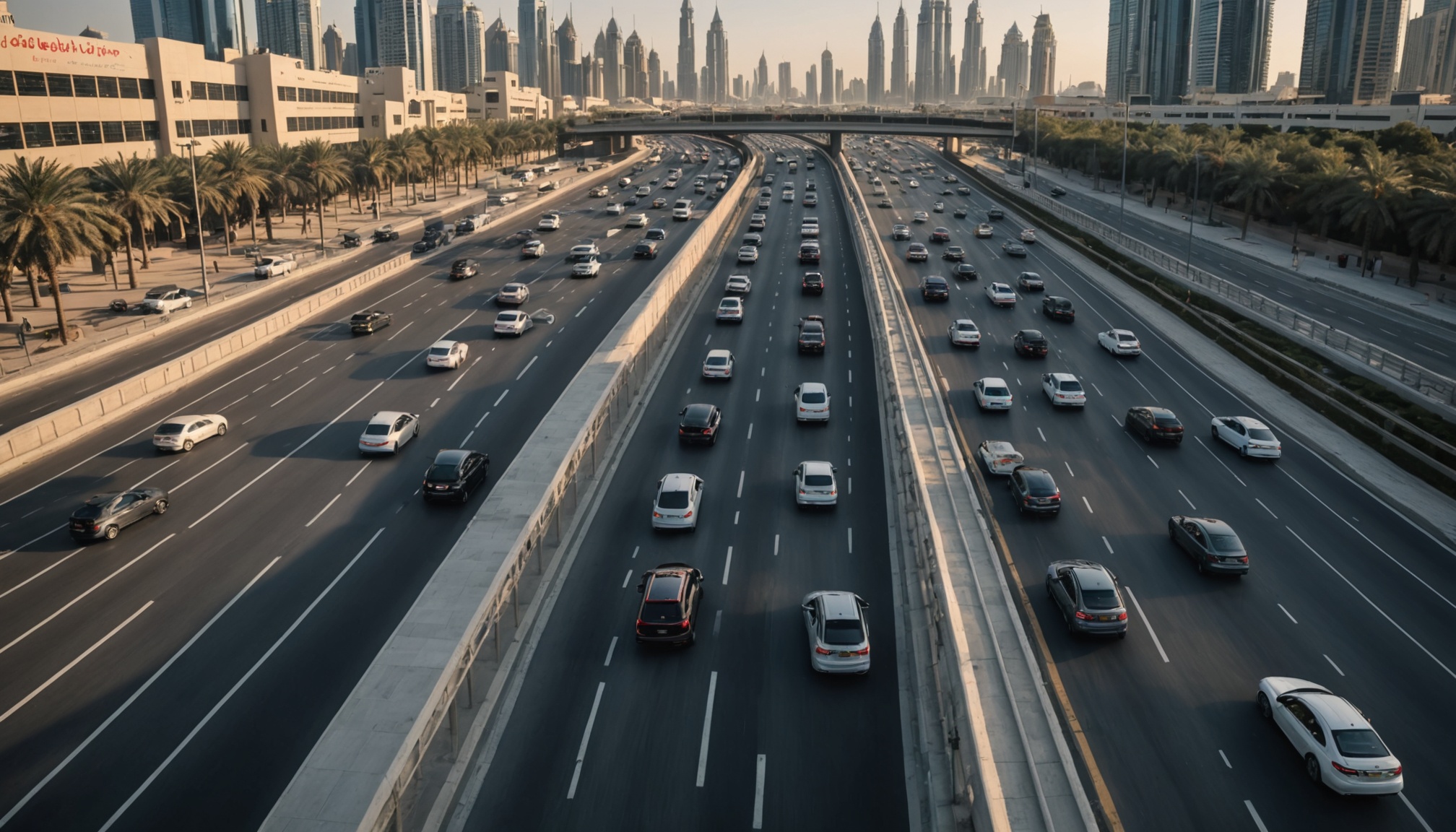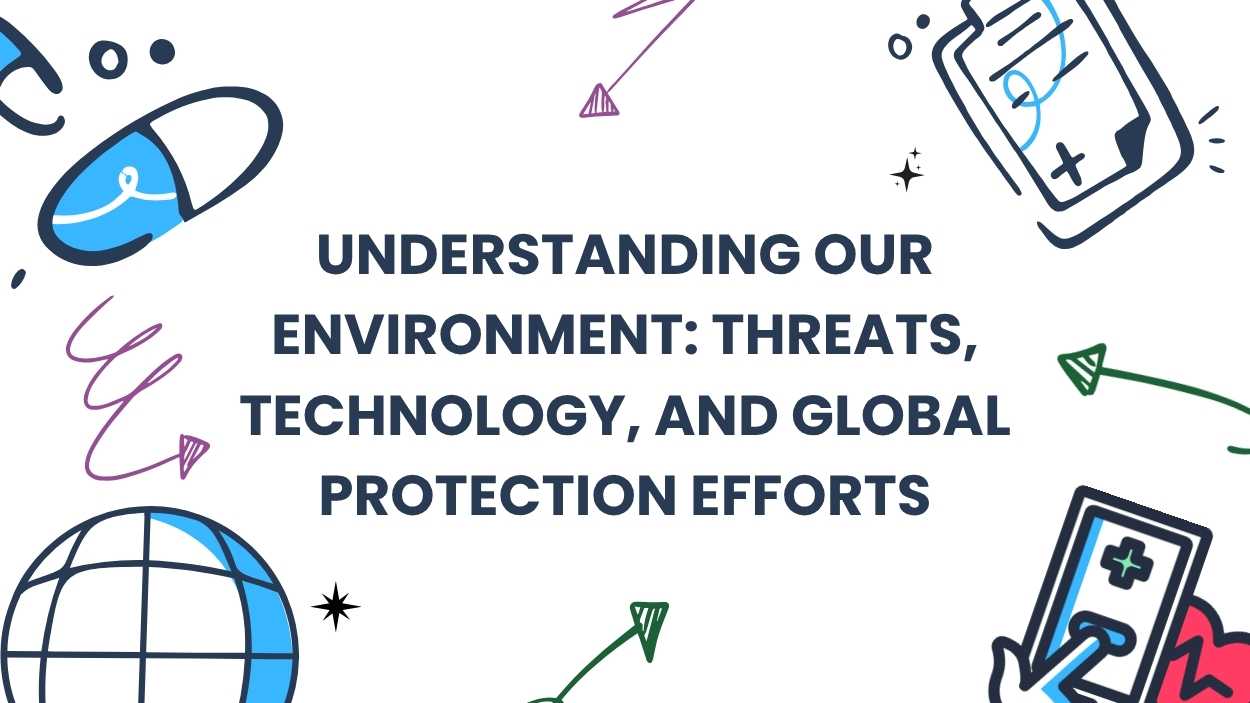Dubai is once again showcasing its commitment to innovation with the unveiling of a groundbreaking AI-powered traffic management system. Beyond just catching drivers texting behind the wheel or neglecting seatbelts, this system represents a fundamental shift in how traffic laws are enforced. The ability to monitor and analyze traffic flow in real-time, identify a range of violations, and provide data-driven insights promises to transform Dubai’s roads, making them safer and more efficient for everyone.
Smarter Enforcement, Strategic Deployment
The beauty of this system lies not just in its ability to detect violations, but in its potential to free up human officers to focus on more strategic tasks. By automating routine monitoring, the AI acts as a tireless, impartial observer, ensuring consistent enforcement of traffic laws. This allows police teams to dedicate their time and resources to addressing more complex situations, such as accident investigation or managing major traffic incidents, ultimately leading to a more effective and responsive law enforcement presence on the roads.
Data-Driven Decisions for a Smarter City
The wealth of data generated by the AI system is invaluable for urban planning and traffic management. By tracking violation rates by time of day, location, and type, authorities can identify problem areas and implement targeted interventions. This could involve adjusting traffic signal timing, increasing signage in high-violation zones, or even re-evaluating road design to improve safety. This data-driven approach allows for a more proactive and evidence-based approach to traffic management, rather than relying on anecdotal evidence or reactive measures.
While the potential benefits are undeniable, it’s important to consider the ethical implications of such a system. Ensuring data privacy, preventing algorithmic bias, and maintaining transparency are crucial to building public trust. Openly communicating how the AI system works, how data is collected and used, and what safeguards are in place will be essential to address any concerns and ensure that the system is perceived as fair and impartial.
The Future of Road Safety?
Dubai’s AI traffic system could serve as a blueprint for other cities looking to improve road safety and enhance traffic management. By leveraging the power of artificial intelligence, we can move towards a future where roads are safer, traffic flows more smoothly, and law enforcement resources are used more effectively. However, it’s crucial to proceed with careful consideration of the ethical and societal implications, ensuring that technology serves to enhance, not erode, our values and freedoms.













